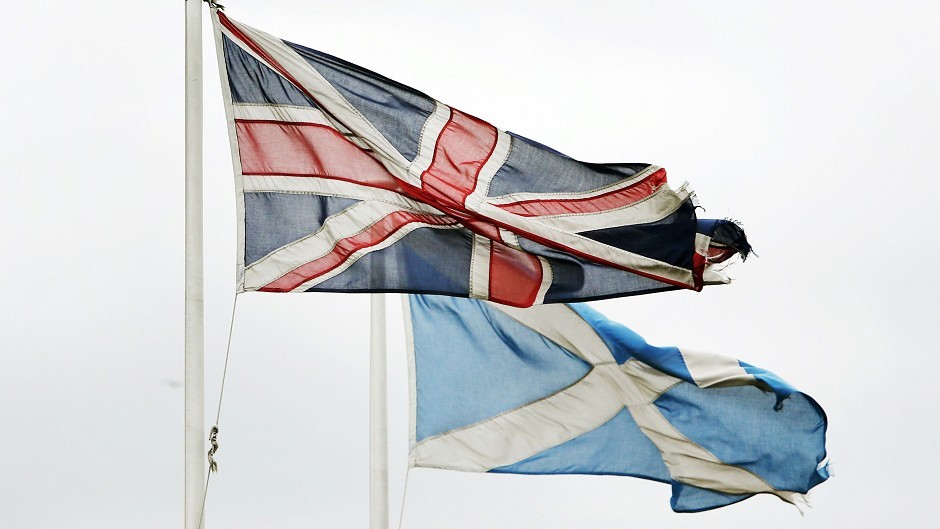Future devolution must be seen “through the lens” of the UK so the union is no longer “taken for granted”, a new report states today.
The House of Lords constitution committee has warned the “piecemeal” and “demand-led” approach adopted by successive governments has put the union at risk.
It also recommends the Barnett Formula, which dictates the level of public spending in Scotland, Wales and Northern Ireland, be replaced with a ‘needs based’ system.
And it strongly opposes full fiscal autonomy for the UK’s constituent nations on the grounds it would “break the union apart”.
Among the other concerns noted, the report highlights the difficult role facing the UK Civil Service when faced with conflicting objectives from the UK Government and a particular devolved administration.
Using the Scottish independence referendum as the “most extreme” example, it says: “We were concerned civil servants with a duty to the UK as a whole were being placed in a position where they had to act in ways that went against the interests of the union.”
Tory peer Lord Lang of Monkton, who chairs the committee, said it had seen little evidence of “strategic thinking” about devolution’s cumulative impact on the union as a whole.
He added: “We must stop taking the union for granted. Since 1999, devolution has been largely demand-led and piecemeal …It’s now time to focus more on the union.”
The report proposes any future proposals for devolution are published alongside a detailed impact assessment.
And it says power should be devolved to a nation or region only when doing so would benefit the people there, and without detriment to the union as a whole.
Other recommendations include setting out provision for any future independence referendum in primary legislation by the UK Parliament to enable proper scrutiny by representatives of all four nations.
It also argues the UK Government should be branded throughout the UK, so people know which services it provides, and insists the BBC continues to provide a common UK-wide service.
The report concludes: “What affects one constituent part of the UK affects both the union and the other nations within the UK.
“Devolution needs to be viewed through the lens of the union, with appropriate consideration given to the needs of, and consequences for, the entire union.”
